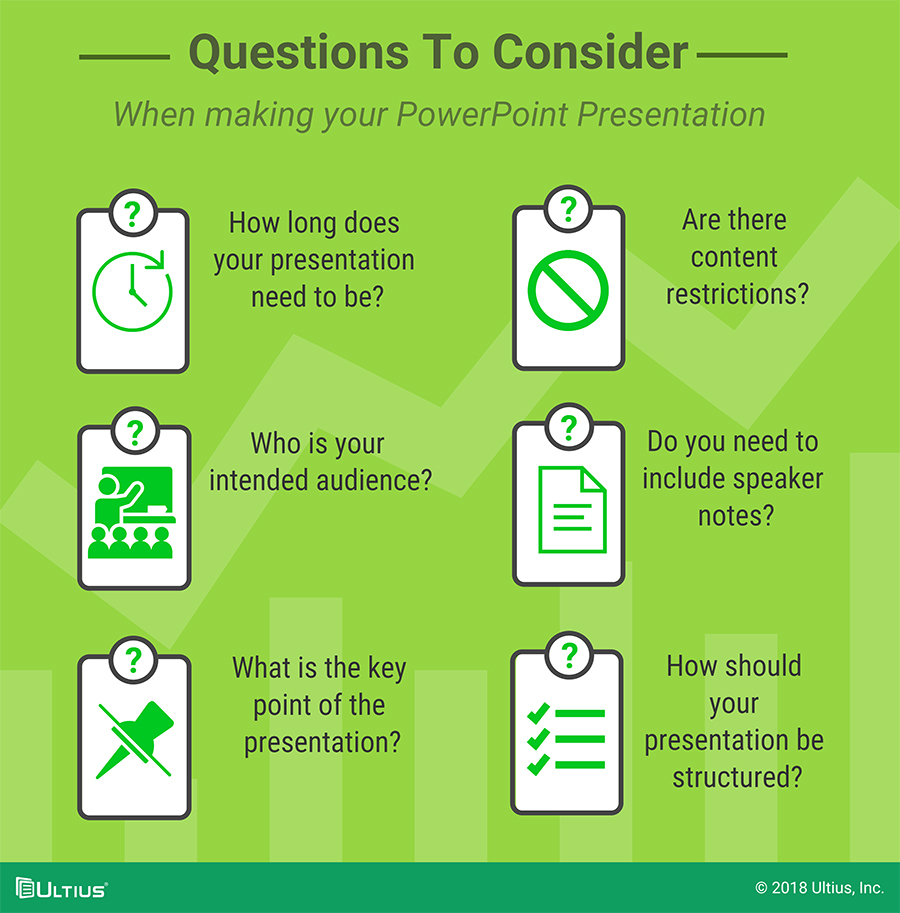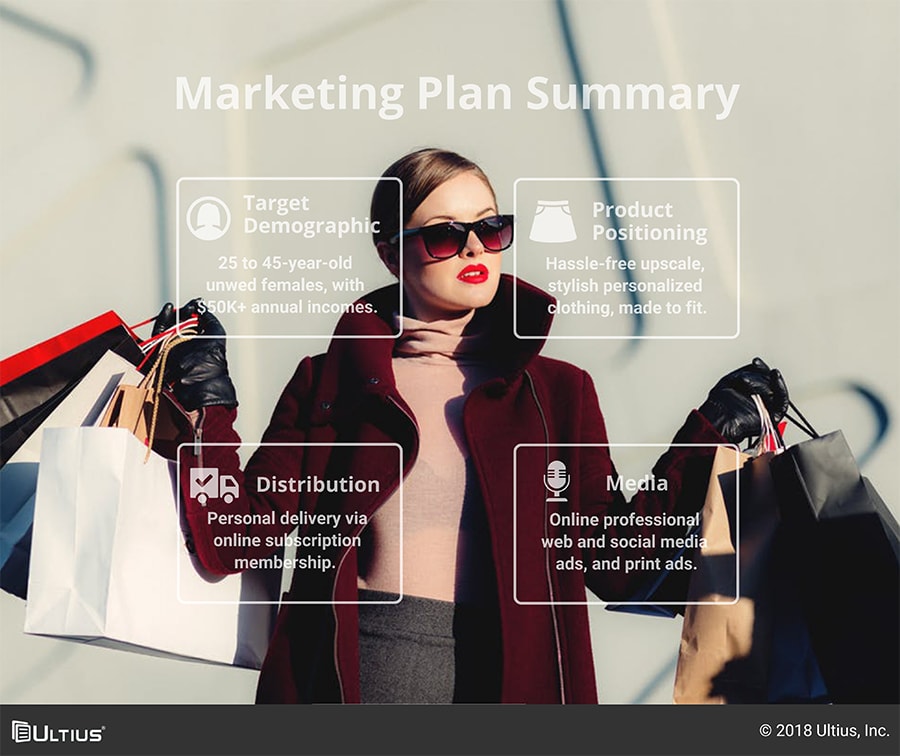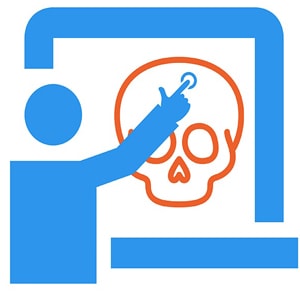Buy a PowerPoint presentation with great visual and informal data
A PowerPoint presentation is a slideshow that presents data to groups with easy to understand visual aids
Speakers use PowerPoint to highlight key points during speaking engagements. Without a well-designed slide-show, presentations can become monotonous lectures.
Speakers use images to highlight key points that don’t distract from the presentation
Ultius writers produce high-quality PowerPoint presentations
Giving an effective PowerPoint presentation requires you to have insight into the topic or subject you are presenting on and a greater understanding of how to engage your listeners. Because PowerPoint presentations can be challenging to give, we make it easier than ever to grasp your topic. It’s like having a professional tutor help you improve your public speaking. This is why purchasing a PowerPoint presentation from Ultius can be instrumental in boosting your success
Quality and design you can trust
Our writers develop high-level PowerPoint presentations that wow audiences.
- Our American writers can not only craft a 100% original presentation, but do so by incorporating notes and comments which you can use to speak on each individual slide into your final sample! Simply let us know what your sample needs.
Types of PowerPoint Presentations
You may need a custom sample presentation, or choose from the following types of Powerpoint presentations:
- Interactive PowerPoint Presentations
- Content-Heavy PowerPoint Presentations
- Simplistic PowerPoint Presentations
- Supportive PowerPoint Presentations
Writer acceptance rate
Roughly, only 6% of all applicants are selected to work with Ultius
Skilled American Writers
Ultius only works with All-American writers who’ve demonstrated above average writing skills.
Scanned daily

A+ BBB Rating
256-Bit SSL Encryption
Our writers excel at creating professional looking PowerPoint samples, but sometimes a project may need revisions. We offer a detailed revision policy to ensure customer satisfaction. Requesting a revision is simple. Log into your account and just click the request revision button in the drafts section.
Submit your order, get matched with a writer, and receive your presentation, it’s that easy!
Each sample order goes through a simple three-stage process:
- Requirement submission
- Order fulfillment
- Final copy delivery to customer.
Once your requirements are received, Ultius makes your order available to a small list of professional writers for assignment.
They will reach out for more detailed instructions and begin working on your sample presentation. Professional editors will review the document for errors and submit the final copy for customer approval.
Submit
requirements
Writer
assignment
Final
delivery
We’ve made ordering sample PowerPoint presentation is simple. Simply fill out the order form telling us basic information about your PowerPoint presentation (i.e. page count, writing level, deadline). Please refer to our How It Works page to learn more about the order process.
Ultius can produce any type of PowerPoint you need
Buy a model presentation to see how your PowerPoint should be produced
No one wants to waste time on menial tasks. We help you save time by creating a model PowerPoint for your next presentation. Working with a professional writer helps create a professional appearance and ensures the job is done correctly the first time.
-
Interactive Presentations
If your PowerPoint sample for needs to be interactive, we can help with that! Just provide the details you’ll be presenting, and our talented professional writers can help you craft a sample presentation that can bring in your audience. Make sure to provide examples of the questions you’ll be asking during your presentation.
-
Supportive Presentations
If you purchase a sample supportive presentation, please be advised to understand that the final product you may receive will contain very little written information. Supportive presentations are not intended to bombard the viewer with information and facts. Instead, they may contain images, videos, or audios clips to support your man speaking points.
-
Simplistic Presentations
Should you choose to purchase a simplistic presentation sample, we also recommend that you buy a summary model to reference or sample outline to go along with it. Because of the nature of simplistic presentations, you will likely need a sample research paper or outline you can study before giving the presentation on your respective topic.
Questions about buying a PowerPoint presentation
Here are some frequently asked questions we’re asked regularly about buying a sample PowerPoint presentation
Making a first-time sample purchase comes with concerns. Many customers have basic questions about price, revision policies, and the writer selection process before placing a sample PowerPoint presentation order. Our company FAQ items help address those concerns and helps guide customers who are purchasing a PowerPoint model for the first time.
- How much does a sample PowerPoint Presentation cost?
We calculate costs for PowerPoint presentations is based on the writer level, your deadline, and the page count. Add-ons such as requesting a specific writer or upgrading to a graduate-level writer costs a little more. See the full Ultius pricing guide and access the pricing calculator for a quote.
- What’s included in the revision policy?
Each order includes free revisions (see terms). Revisions must be requested seven (7) days from order completion Writers have three (3) days to complete and upload revisions Follows original customer specifications
- How is my writer selected? Do I have a choice in writers for my sample?
We compare qualifications and writer availability from our talent pool to determine which writer meets your requirements and who will likely claim and complete the order most successfully. The results are made available to a suitable shortlist of candidates who select orders on a first-come basis. You can request a specific writer is so desired and will match your project to your selected writer if they are available.
If your answer wasn’t listed, you can also contact Ultius 24/7 via phone (toll-free included), SMS, live chat, email or Facebook Messenger.
-
1Create eye-catching PowerPoint presentations
Creating stand-out PowerPoint presentations should include eye-catching graphics to wow your audience
PowerPoint presentations are animated slideshows used by public speakers or in a business setting. The slideshow contains an overview of speech content, in outline-like fashion.
Items incorporated in a PowerPoint presentationStay away from long blocks of text. Instead, use a lot of the following
- Graphs
- Pictures
- Videos
- Audio
The design of the PowerPoint can include a template or be simple. Writing PowerPoint content can also include separate speaker notes, written using complete sentences and contain the actual details of the speech. These notes serve as instructions and prompts to the speaker. Writing a PowerPoint takes a great deal of organization and thought.
Some of the more advanced features may require technical skill or assistance. Luckily there are many online tutorials on how to take advantage of these features!
-
2Organize your ideas
Organize your thoughts and ideas into separate sections to help you navigate the presentation’s content.
Creating a PowerPoint is mostly about organizing your content into eye-catching, easy-to-understand slides. Before you can organize your presentation, you must first organize your thoughts and ideas into an outline for easy navigation. Outlining your ideas helps restrain content and prevents you from going off topic.
-
3Outline your content
Outline your presentation’s finer points using bullet points similar to a “rough draft”
Since the content within the PowerPoint will need to be written in an outline-like fashion, it’s helpful to write it out in Word or on a sheet of paper beforehand. The actual presentation content is not necessarily written in a traditional essay outline format, but as shorthand with bullet points. Start by researching your content. Incorporate information from infographics, industry publications, and professional journals. If you are going to create a PowerPoint presentation about a marketing plan for your business, you would write the outline as such.
- Target Demographic: 25 to 45-year-old unmarried females, with $50,000+ annual incomes
- Product Positioning: Hassle-free upscale, stylish personalized clothing, made to fit.
- Distribution: Personal delivery via online membership. Monthly or annual subscription.
- Media: Online professional web and social media ads, print ads in trade publications
-
4Determine graphics and themes
Make sure you chose a built-in PowerPoint theme that matches your presentation’s content and feel
The PowerPoint software features several built-in themes. Browse through them and choose one for your presentation. Themes control the appearance of all slides within the presentation. Once you apply a theme, the visual style is applied to each slide type.Professional writers recommend using PowerPoint’s built-in templates for those who’ve never created a presentation or worked with the software. These slides automatically section off the slides into “content” areas where you can insert text or graphics. If you do decide to insert graphics into your presentation, the “Picture with Caption” slide will come in handy. You also can simply insert a picture from the PowerPoint menu within a blank slide. You can easily find public-domain images and art online. Save them into a separate file so you can easily locate them.
-
5Strategize your content
Try a few test runs to determine if your content flows well and whether the audience will understand your key points
Take this time to thoroughly review and edit your outline. Look over the graphics you’ve collected and the outline you’ve made. Determine if any of the information is redundant and either eliminate or consolidate it. See if you’re missing any points that would benefit the presentation or enhance the audience’s understanding. Run through a couple of mock presentations with the slides once you have the content in place. Time your speech. Are you running over or under the amount of time you will have? Have others listen and give feedback to see if they understand the content and follow the presentation’s flow.
-
6Determine which type of Presentation to give
Make sure you pick the style of presentation that best suits your audience, and material
Interactive presentations are intended to engage and spark discussion with an audience. They are specifically designed to ask questions. Many slides in an interactive PowerPoint presentation lead people through specific Q and A’s that help the audience understand the topic.Interactive presentations are unique in that they do not bombard the audience with information. Unlike their informative counterparts, interactive presentations simply push the viewer to think about things on their own accord. This way, participants do not need to take notes or follow a lecture, but rather actively discuss the topic with both other viewers and the presenter.
Informative presentations are rooted in the idea that knowledge and information should be spread as effectively and intrinsically as possible throughout a lecture or presentation.These types of PowerPoints are used more often in school settings. These presentations offer information and disclose information to a large group of people, rather than intending to invoke active discussion with an audience.Informative presentations contain more information than any other style of presentation. They also require the most formatting and information.
Simplistic presentations can pose a serious challenge because most individuals do not have the public speaking ability to deliver information with limited written notes.A simplistic PowerPoint presentation is given by offering very simple, short, sufficient information about a subject on a slide by slide basis. By crafting a presentation this way, presenters can use large illustrations and give their PowerPoint a very basic feel.
Lastly, supportive PowerPoint focus on using the visual experience provided by Microsoft service as a secondary means to inform the viewer of a topic or subject matter.Supportive PowerPoint presentations take a different skill set to deliver in front of a large audience. In many ways they simply exist to offer illustrations, graphs, and/or videos to help the presenter deliver his or her argument or research.
How to write a powerpoint presentation
Now that we have the components of a great powerpoint presentation it's time to start producing it
The following steps will guide you along the way as your create your powerpoint presentation. Knowing how to oranize your content, and knowing which content to include can be crucial. Intoduce your topic, highlight the main contant, and have a strong conclusion.
Step 1: Producing the presentation
The slides you produce for your PowerPoint presentation should really drive home your main points
The key to writing a powerful presentation is making it engage your audience, while making it simplistic enough for you to use as a reference during your speech. Once you have organized your content and graphics, writing and designing the PowerPoint will be easier. If you’ve got a solid outline, you’ll essentially be transferring it into your slides. Think about the type of speech you’re going to give. Is it informative, persuasive, or to commemorate a special occasion? Most scenarios will either be an informative or a persuasive speech. Although it’s possible you’ll make a speech paying tribute to a person or event, the main function of your speech is likely to provide information or present an argument.
Step 2: Introduce your topic
A strong introduction should show your audience what you’ll be covering and how the presentation will flow
After you create a title slide, your next slide should introduce your subject matter and thesis. Introduction slides provide a basic outline of your chosen topic and how you intend to present supporting information. Keep in mind that you probably have one to two slides to introduce your topic and your main point. Ultius recommends using an informative tone in the introduction. Save any persuasion for the main content or concluding remarks.
Step 3: Main content
Ensure the slides you use doesn’t deviate from the point, and that the presentation really drives home your point
The introduction and conclusion are between the slides that elaborate on your main point.
Don’t drag it outTry to vary your slides to keep your audience engaged. Use a variety of slides by rotating ones with text only, graphics and text, and charts.
This is where you’ll need to ensure that you’re sticking to your length requirements. Since your introduction and conclusion will consist of one or two slides each, the remaining length visualizes your supporting information. Use your best judgment on when to switch and how many graphics to use because the importance of the information you’re trying to communicate should balance out how you’re communicating. Approach the content as if you’re telling a story and not just reciting facts or opinions.
Step 4: Conclusion
A strong conclusion should contain a summary of the presentation’s key takeaways and a strong closing statement
The conclusion should contain the information contained in your introduction, but it should not be communicated in the same way or verbatim. Leave your audience with a feeling the learned new and important information. They should leave feeling inspired to act or a desire to learn more. Your conclusion should use language that will make an impact. Use a separate slide to list your sources and give credit to other information you used in the presentation. This includes the creators of the graphics and where you found them and any quotes or other information not directly created by you. If you don’t know how to create a citation page or are unsure of what needs to be cited, refer to common style guides to help prevent plagiarism and copyright infringement.
Additional and advanced resources
Professional tools are available to help you create an eye-catching presentation that leaves a great impression
Writing a PowerPoint may seem intimidating at first. It requires a different set of writing skills than most professional documents.
While this guide gives you an idea of how to structure a presentation, how to decide what information to include, and some tips about a few of the more technical pitfalls, it is not all-inclusive. Each writer has their own unique style and requirements.
You’ll find more instructions, help guides, and examples at Purdue Owl and the Ultius site.











